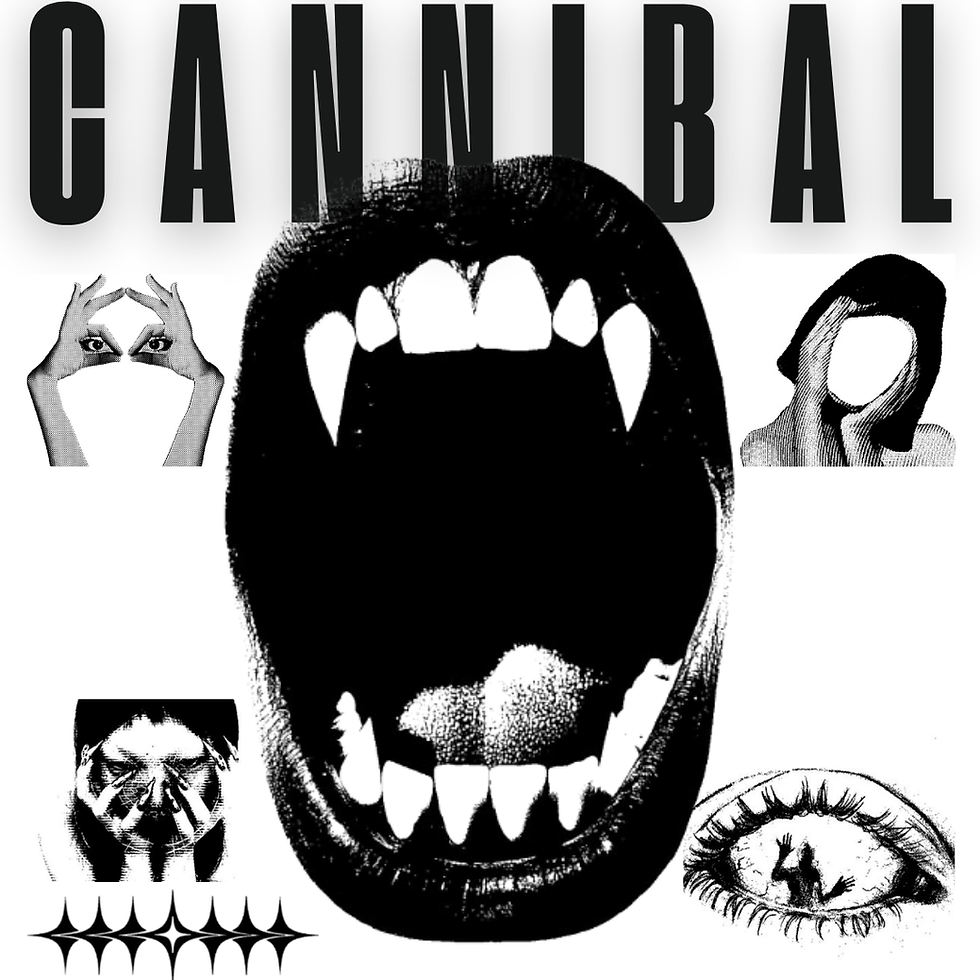
Book or Movie? - The never-ending debate surrounding on-screen adaptations
- thebookclubknc
- Nov 5, 2023
- 2 min read

By Anuska Saha
One of the first Young Adult novels I ever read was Veronica Roth’s Divergent trilogy. Divergent’s plot takes place in an apocalyptic world divided into five factions, where every sixteen-year-old must choose between their home faction or migrate to another. Packed with action, mystery, and a fiery romance to boost, Divergent was akin to a breath of fresh air and set a standard for YA fiction for years to come. And nearly every book enthusiast can predict what comes next for a massively successful book - an on-screen adaptation!
Sadly, here is where things get complicated. Seeing your favorite book come to life sounds exciting, but can it do justice to the plot, the characters, and the readers’ emotions? Such projects either end up a massive hit, or a box office bomb. Divergent regrettably suffered from the latter.
Hence I wonder, what makes on-screen representation so controversial? When you deep dive into this train of thought, a few things come to mind.
Adapting novels for the big screen is no easy feat, given the restrictions it poses based on its type. If it is for television/streaming, you will need to split the plot into multiple episodes for a minimum of 30 minutes each. If it is for film, you will need to compress everything into 90 minutes. If you are fortunate, you might even get the budget to narrate your version of the book in multiple parts! And then you suddenly remember that you need to decide on what to skim and leave, which is not a very entertaining thought.
Next is the budget. Based on the funds available you will need to make decisions about actors, location, transportation, housing, food, props, costumes, CGI - the list goes on. You may have elaborate ideas about your ideal content, but this will play a huge role in the final product.
Challenges that crop up while shooting pose threats to the content as well. Injuries, lack of staff, technological limitations, the socio-political climate at the time of filming, etc. can affect what ends up on the screen. The director’s vision and the readers’ interpretation also may not match. Some may find it appealing, to others appalling, which is no surprise given that the story is not an original, but rather an adaptation. It is impossible to meet everyone’s expectations, so the creators will try to create a middle ground to satisfy all.
It is thus no surprise that book-to-movie adaptations are met with mixed reactions. After all, not every book can receive the same treatment as Harry Potter. Book readers can only cross their fingers and hope for the best.
Is there a book you like that was subjected to a similar fate? If so, let us know which book it was! We just might bond over successful adaptations or cry over failed ones:)






I hated the way twilight was turned into a movie. The book was 100000x better than the hollow movie